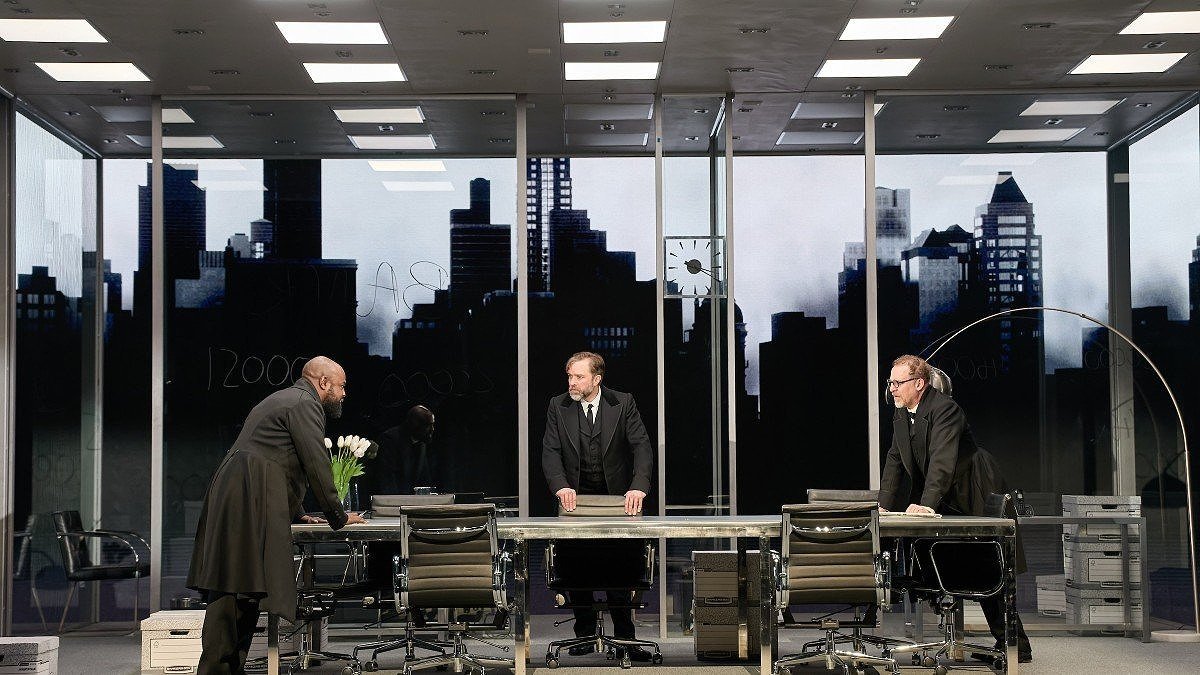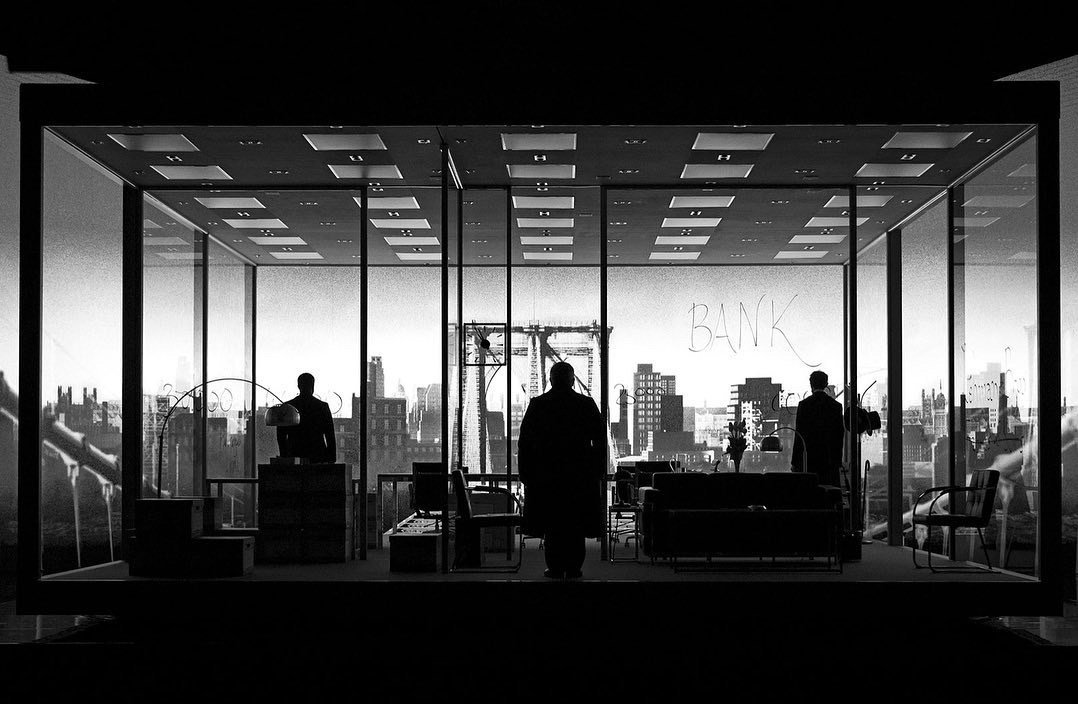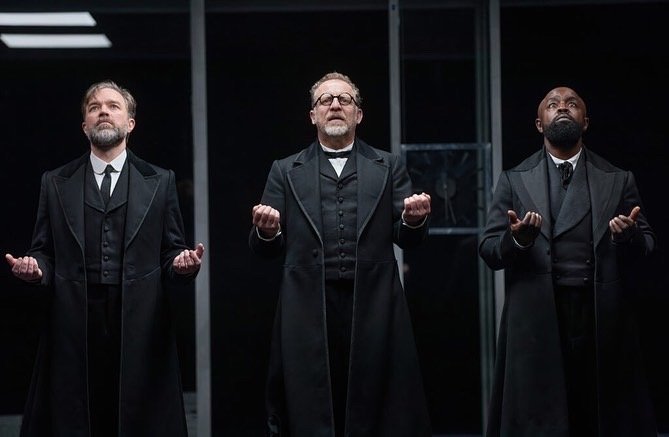It's easy to knock Aviva Studios. Long delayed and well over budget, emblematic of the much-maligned Northern Powerhouse, some fear it's a catalyst for further gentrification in Manchester and an inaccessible vanity project solely for the elite. If you’re up to speed, local publication The Mill ran a useful report earlier in 2023.
But watch the recent Imagine special and the potential of this place as both a collective experiment and invitation will come through. The team at Factory International, some of whom I have worked with, are trying to get to a stage where unconventional, exciting, large-scale work is pioneered in Greater Manchester throughout the year (not just during MIF) together with local artists of different ages and backgrounds and other members of the community.
How can the building and the organisation help to facilitate that? To what extent can the making of culture here be collaborative and equitable? Who gets to be 'creative'? How do you balance big ambition as a world-leading cultural enterprise with the need to offer value for money locally and appeal to different communities across the region? Are they willing to adapt without prodding by the public?
The Matrix-inspired Free Your Mind – conceived by Danny Boyle, Boy Blue, Es Devlin and Sabrina Mahfouz among others – is as spectacular a proof of concept as you will see in an arts venue.
It all began to make sense for me when I saw the gleeful faces of young students from the School of Digital Arts (SODA) at Manchester Metropolitan University as their work was projected above performers during the show. It could be a significant moment in their careers and anyone who comes through the in-house Factory Academy.
Similarly, the sense of civic pride and purpose felt by members of the Factory Assembly as their vision for a people's photo exhibition becomes a reality on the walls and floors of this once bare and unfamiliar space.
I wasn't able to get up north to watch Free Your Mind in the flesh but we can all experience it another way when BBC2 broadcasts a performance on Sunday 31/12 at 6.55pm. Critics and audiences have raved about it.
Fingers crossed, they run a second season. The building and city are integral to the performance though. So prepare to make the trip, Londoners.
PS In the wake of Sault’s extraordinary live debut in London – an immersive, multidisciplinary presentation that defied pragmatism and blew minds with its scale – I think the time has come to reassess what live performance looks like. Time to dream bigger.





